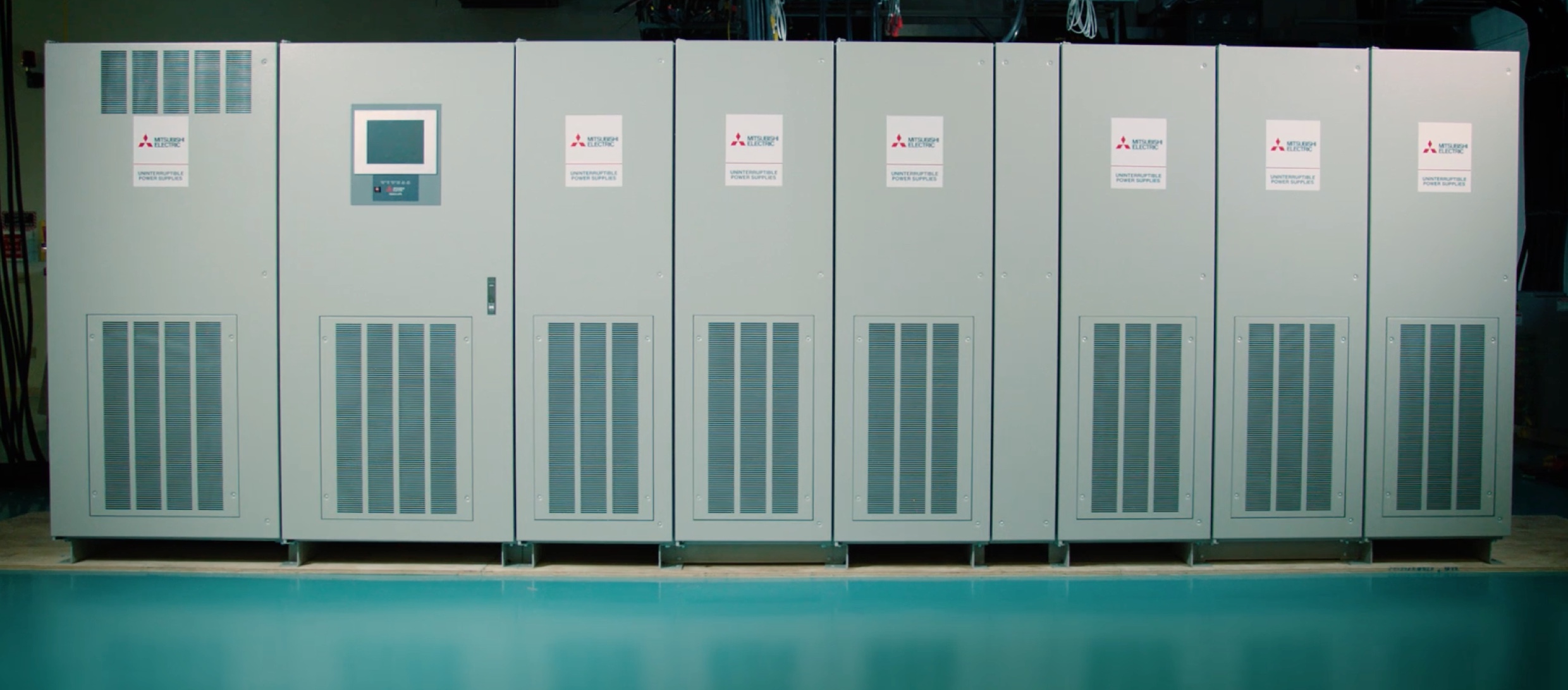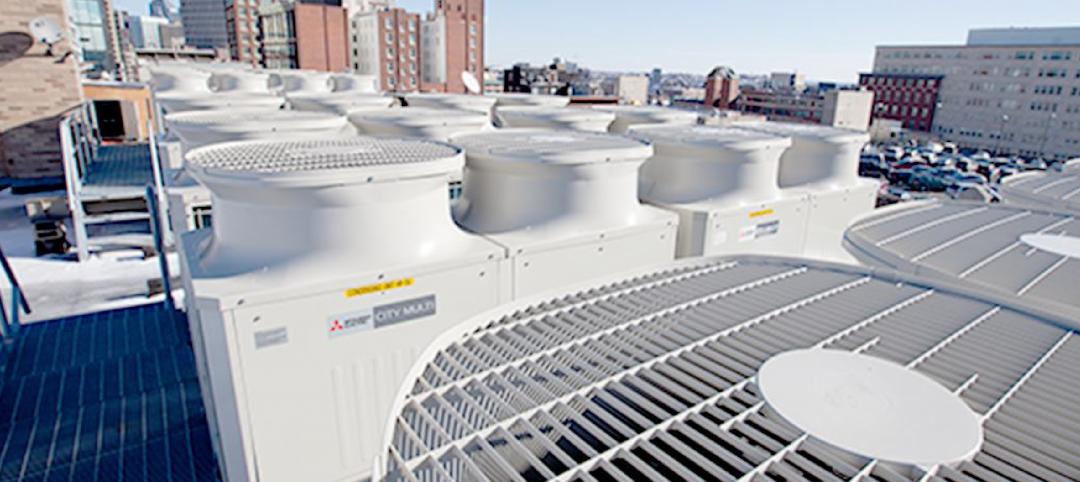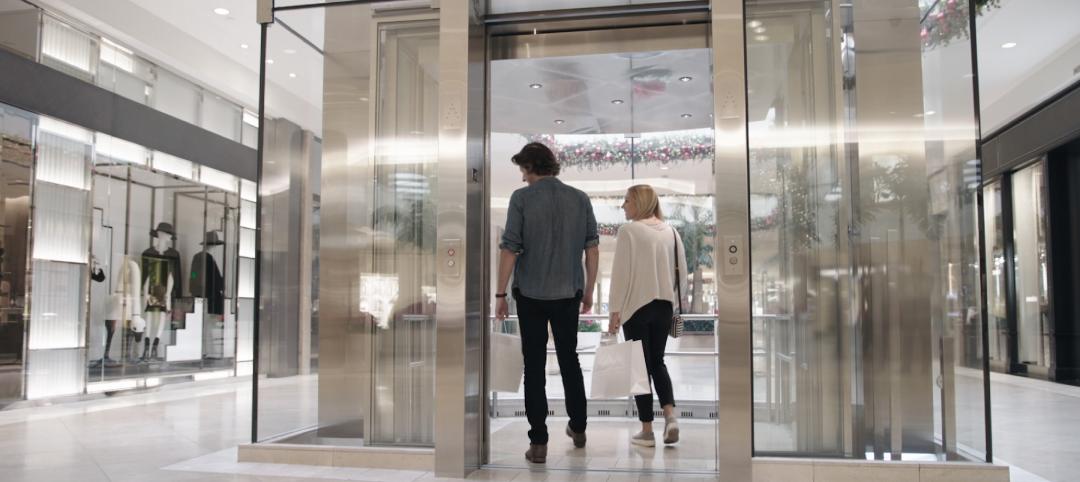The need for highly reliable backup power in buildings cannot be overstated. Going dark is a potential disaster for tenants and building owners alike. When constructing more efficient buildings for greater overall savings, Building Teams need to utilize uninterruptible power supply (UPS) systems that are reliable, efficient, have a smaller footprint and are rapidly deployed.
Reliability Rules
If a UPS doesn’t perform its job, a building owner could potentially lose millions of dollars per hour in the dark depending on the type of business affected. The most reliable backup supply systems must be capable of delivering continuous power in the most demanding environments.
Industry innovators like Mitsubishi Electric are offering some of the most robust proprietary technologies on the market today. Seeking and finding the provider with the most reliable mission-critical back-up power supply is key. Similarly, reliability across all load capacities is a must for architecture, engineering and construction (AEC) teams looking to solidify long-term client relationships. To this end, partnering with companies that achieve highest reliability among back up power electronic suppliers is crucial.
Efficiency Saves Time and Money
Building Teams should be looking for companies that protect their equipment, with employees and technicians committed to serving all the way from system specification through the lifespan of the system. A UPS provider should offer a proven track record of service and operational history with other customers.
One provider, Mitsubishi Electric, has been on the scene and evolving technology for more than 30 years. Its UPS designers have found a way to run more power per square foot through their system than others in the market. For example, Mitsubishi Electric reports its installed base of 9900 Series uninterruptible power supplies have sustained load-carrying capability more than 99.99 percent of their actual operational history. The technology has allowed the company to expand into key industries, from data centers and communications to medical and manufacturing equipment.
Footprint Size Matters
Increasingly, there is a greater focus on the physical size of equipment such as an uninterruptible power supply system. Since UPS systems usually take up valuable real estate, size does matter. As such, a UPS with a smaller footprint give customers more room for their IT equipment. Additionally, modular designs of UPS systems are now allowing for planned capacity growth.
Fast Deployments and Tenant Satisfaction
In specific markets, UPS systems offer rapid deployment for immediate need. Being able to set up and provide fast service is critical in selecting the UPS system that answers a building’s demands. Mitsubishi’s large inventory of product boosts its capacity to meet customer needs. In the selection process, Building Teams are wise to seek and find providers with backup systems that offer addition protection to customers, in ways that are significant and sustainable.
Tenant satisfaction is a powerful priority in the UPS space. For teams selecting equipment, systems that provide stellar performance, back up power and take up less space get high marks for boosting the tenant satisfaction quotient. The best uninterruptible power supply options are those that ensure continuous clean power is reliably supplied, and whose critical operations achieve the highest level of uptime. As building owners, developers and their AEC teams face increased pressure for cost savings and efficiencies, the ability to find the best UPS—with reliability, technology, footprint and quick deployment—will serve as a winning combination.
Avoiding Downtime Disasters
Service is an important factor when selecting a UPS provider. Key items to consider are:
- Certified field technicians, offering around-the-clock protection. This helps keep operations safe against outages, grid decay, and other crucial threats to the flow of business.
- Preventative maintenance checks, priority demand on parts and service, and 24/7 communication with experienced technical support staff. These inspections include UPS diagnostic reports, complete battery testing, and site hazard checks to keep systems running at maximum efficiency.
- Factory witness testing and collaborative engineering, as further value-added services.
Related Stories
Sponsored | Build More Efficient Buildings Series | May 15, 2018
Key Considerations for HVAC Selection in Today’s Buildings
From energy efficiency to ease of installation, here are some things to keep in mind when selecting the right system.
Sponsored | Build More Efficient Buildings Series | Apr 12, 2018
Elevator Innovations Bring Efficiencies and Greater Return on Investment for Building Teams
Key considerations for building owners are elevator reliability, a smooth ride, tenant satisfaction, and total cost of ownership









